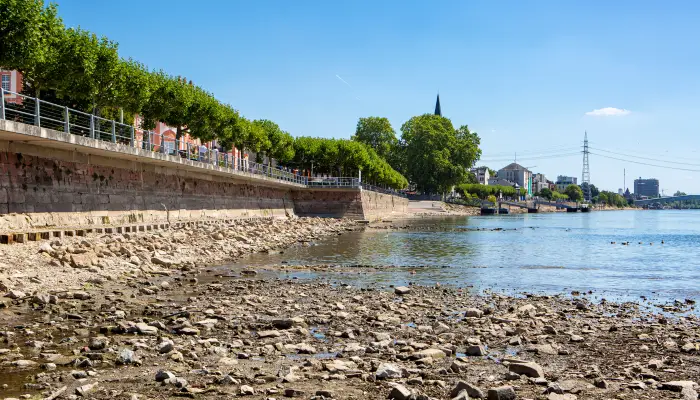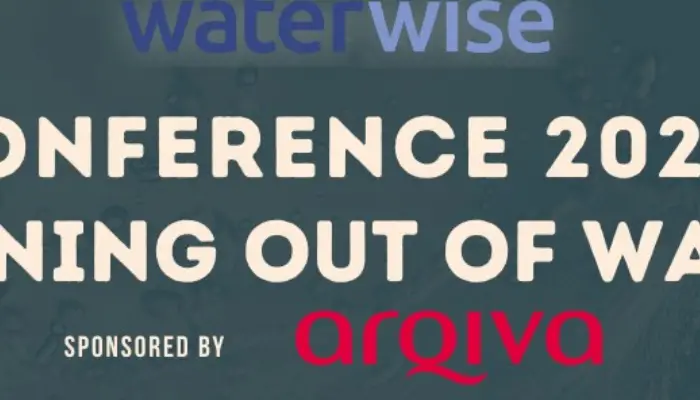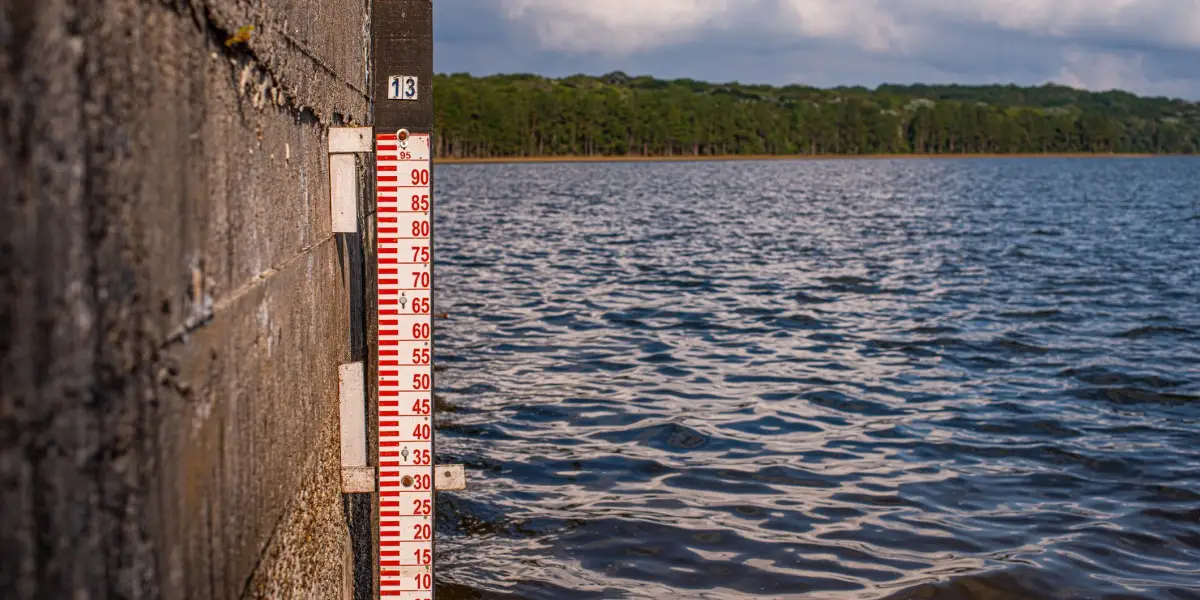Deployed in a considered manner, smart water metering is a no-regret investment for the water industry
Like others, I was eagerly anticipating the publication of the National Infrastructure Commission’s second national infrastructure assessment, and in particular the Commission's recommendations to government on long term infrastructure strategy.
It was encouraging, therefore, to see the level of understanding of, and support for, the indisputable benefits of smart water metering.
Water companies are balancing a number of priorities at present, whilst preparing for a drier future, with a finite amount of resource. As they consider their plans, it is important that they make the right investments to be able to continue to deliver the benefits over time. Deployed in a considered manner, smart water metering is a no-regret investment for the water industry.
Research, and the experience of those water companies who have already deployed networks at scale, shows that smart water metering helps identify leaks quicker, reduces demand and can also contribute to a reduction in the nation’s CO2 emissions.
But not all smart water metering is the same. The richness of the data received is key. High quality data from meters, received consistently and comprehensively, means more and better impact on leakage, with each leakage litre avoided saving water, resources and money.
Getting the right solution relies on asking the right questions in the procurement process. We think there are seven questions to be asked when considering a solution:
- Can your provider guarantee complete data?
- Can your provider offer a blend of different technologies to achieve the best outcomes?
- Can your provider deliver a smart metering network that is fit for the future?
- How frequent are meter readings? And how rapidly can the data get to you?
- How quickly could your smart metering programme be operating at scale?
- Can your asset and installation needs be met?
- Does your preferred provider offer a flexible approach to financing?
Views

Living with less: planning for a water-scarce future

Bringing a Flexible Approach to Smart Water Networks at scale

Moving water into the digital age
